Please Don’t Tell Your Kids to Believe in God Just in Case He Exists
Today’s post, like my last one, is in response to some comments I saw in a Facebook group recently. A mom posted that her 5-year-old asked, “How do we know God is real?”
Amongst the many responses from fellow parents was this one: “I would say… Maybe God isn’t real. If he isn’t, then have we lost anything by following him and living good and moral lives? No. So if our faith isn’t true, we can still live lives that spread goodness and love. And if it is true then we get to experience the source of goodness and love when we pass on to the next life. Either way, we make a good choice to follow God and spread love and goodness in this world.”
This response is the basic idea behind what is famously known as “Pascal’s Wager,” named for the 17th-century philosopher Blaise Pascal who first championed it. The gist of the argument is that humans should live as if God exists because we have everything to gain and nothing to lose from it—a safe bet. If it turns out that God exists, then you gain heaven and avoid hell; if it turns out that God doesn’t exist, you’ve lost nothing. So everyone should just believe in God, right?
No, no, no. Please don’t use this as your Christian parenting philosophy…either implicitly or explicitly.
Over time, I’ve received quite a few blog comments from Christian parents suggesting this is their underlying rationale for faith, and I’ve seen many Christians attempt to use this logic with nonbelievers. However, it’s riddled with problems and I implore Christian parents to avoid this mentality at all costs. Here are four reasons why.
1. Such a mindset perpetuates the myth of blind faith.
If, in response to the question of how we know God is real, we have nothing more to offer our kids than “better safe than sorry,” we have implied there’s no surer footing for their faith available. This is exactly what atheists want our kids to believe.
Atheists incessantly proclaim that Christianity is all about blind faith—a complete leap in the dark with no evidence to support it. When we, as Christian parents, don’t teach our kids that Christianity is, in fact, a faith based on extensive evidence, we perpetuate this destructive claim. Given the increasingly secular world in which our kids are living, it is our God-given responsibility to 1) teach them that Christianity IS an evidential faith and 2) teach them what the evidence is. (If you need help with this, please get my book, Keeping Your Kids on God’s Side!)
2. A philosophical wager doesn’t address the question of which God to bet on.
It’s pointless to bet your life on the existence of a generic God because there are multiple ideas of God to choose from. Should we bet on the Christian God? The Mormon God? The Muslim God? The differences between these concepts of God are not trivial. Each religion would say that if you aren’t “betting” your life on that particular idea of God, you have just as much to be concerned about as if you were betting on no God at all!
Once you understand that there isn’t a simple “God or no God” choice, it naturally leads to the question of what good reasons there are to choose one religion over another. In other words, a decision must still be made to some degree based on evidence and not safety. Pascal’s Wager can’t help with that.
3. A philosophical wager doesn’t take into account the trade-off between probabilities and cost.
Imagine for a moment someone told you that if you run 10 miles every day of your life, you will get to be God over your own eternal paradise after death.
Would you do it?
No. For two reasons.
First, the probability of this being true is extraordinarily low; there are no good reasons for believing it. Second, there is a giant cost of daily exercise involved. Maybe if someone told you that throwing a penny out your window would achieve the same outcome you’d give it a go just for fun. But you’re certainly not going to run 10 miles every day of your life given the tiny probability of it being true.
As Christians, we believe there is an enormous cost of following Jesus. We are called to prioritize our relationship with Him beyond all Earthly relationships and pursuits, taking up our “crosses” to follow Him daily.
If you believe that there is no evidence for the truth of Christianity (as atheists typically do), becoming a Christian would be an unreasonable trade-off to make with your life. It’s like running 10 miles every day to be God over your own eventual paradise…an unreasonable decision given your assessment of the probability that this is an accurate picture of reality.
Once again, this brings us full circle to the question of why there’s a good reason to believe Christianity is actually true. Our kids will only live out the costly life Christians are called to have when their belief is accompanied by conviction.
4. Mere probabilistic arguments have little impact on the heart…which is what really matters.
In the Christian view, believing that God exists is not enough. James 2:19 points out that even demons believe in God. Saving faith is about our relationship with Jesus, and God knows our heart. If we are, for all intents and purposes, living a Christian existence because we see our faith as a safe choice, we are fooling no one except ourselves.
Parents, please understand that when I write posts in response to well-meaning comments I see from Christians online, it’s not to be critical for the sake of being critical. It’s because I believe we Christian parents HAVE to step up our game. This world is getting more challenging for believers every day and it requires us to avoid passing down harmful beliefs at all costs. We must strive to arm our children with accurate beliefs, an accurate rationale for those beliefs, and an accurate defense of those beliefs. Let’s be vigilant in this. Together, we can raise a generation ready to stand strong for their faith…even when it’s not a safe choice.
Natasha Crain is a blogger, author, and national speaker who is passionate about equipping Christian parents to raise their kids with an understanding of how to make a case for and defend their faith in an increasingly secular world. She is the author of two apologetics books for parents: Talking with Your Kids about God (2017) and Keeping Your Kids on God’s Side (2016). Natasha has an MBA in marketing and statistics from UCLA and a certificate in Christian apologetics from Biola University. A former marketing executive and adjunct professor, she lives in Southern California with her husband and three children.
Original Blog Source: http://bit.ly/2SavJ1w

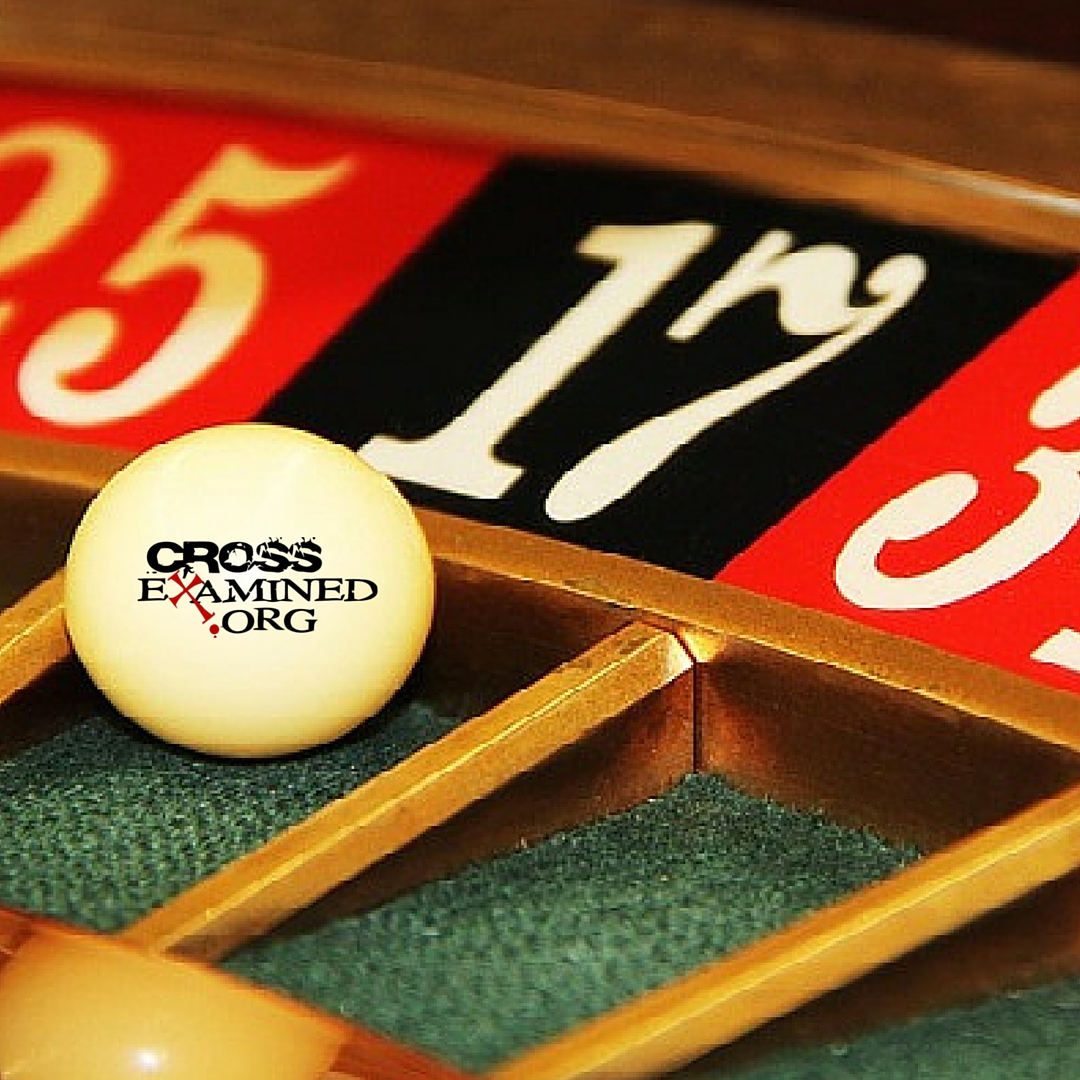
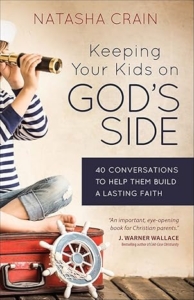


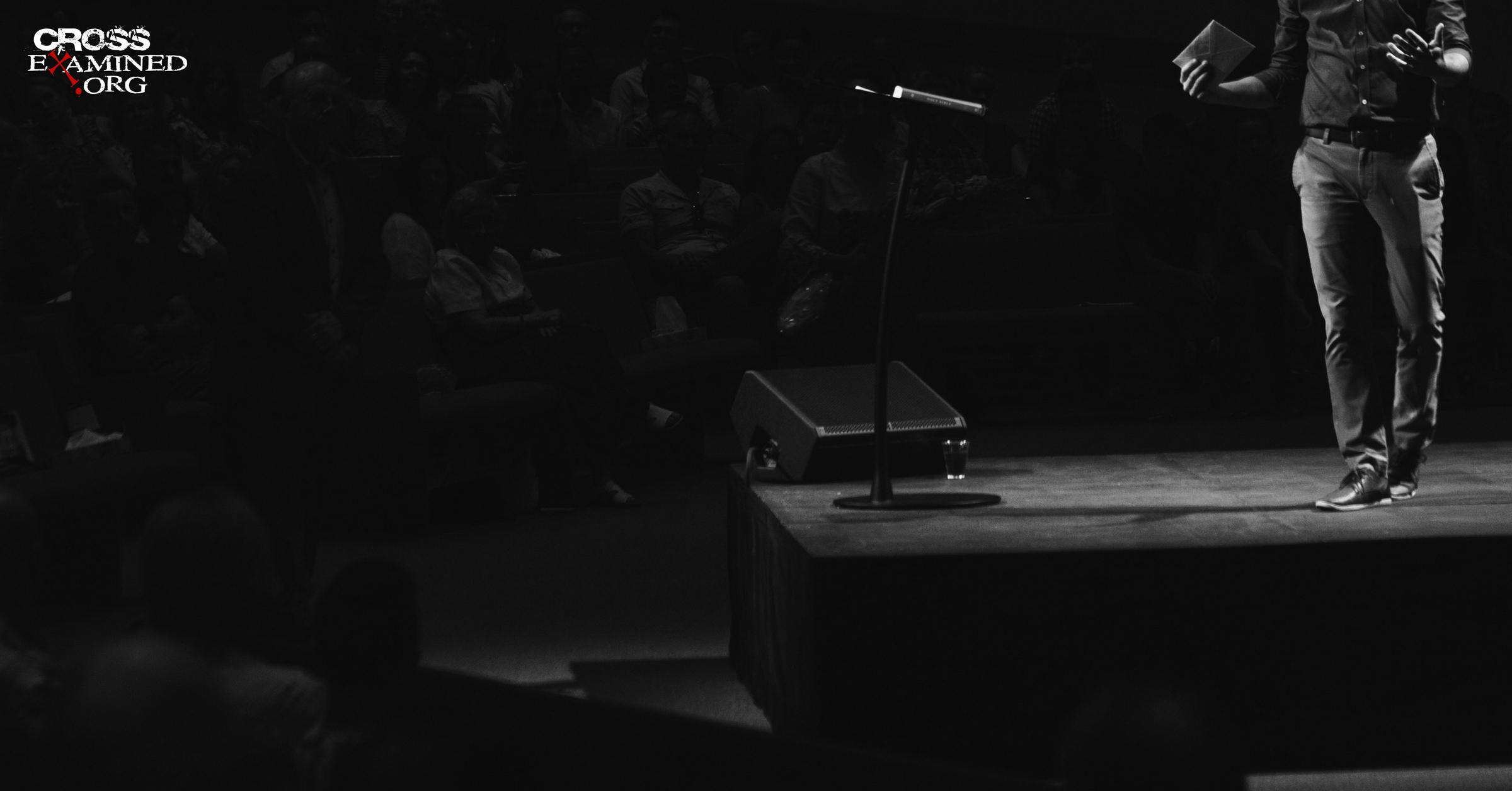

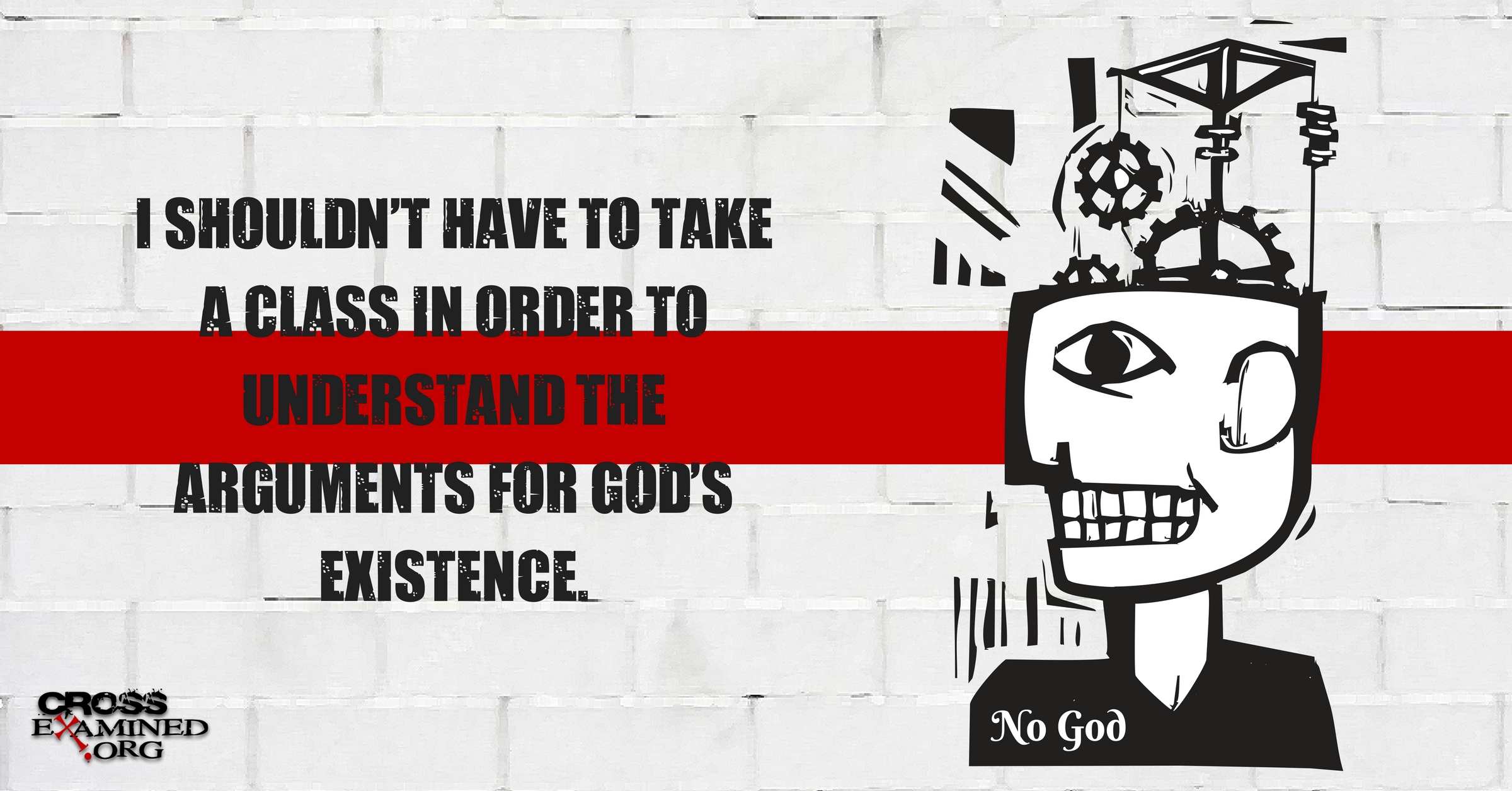
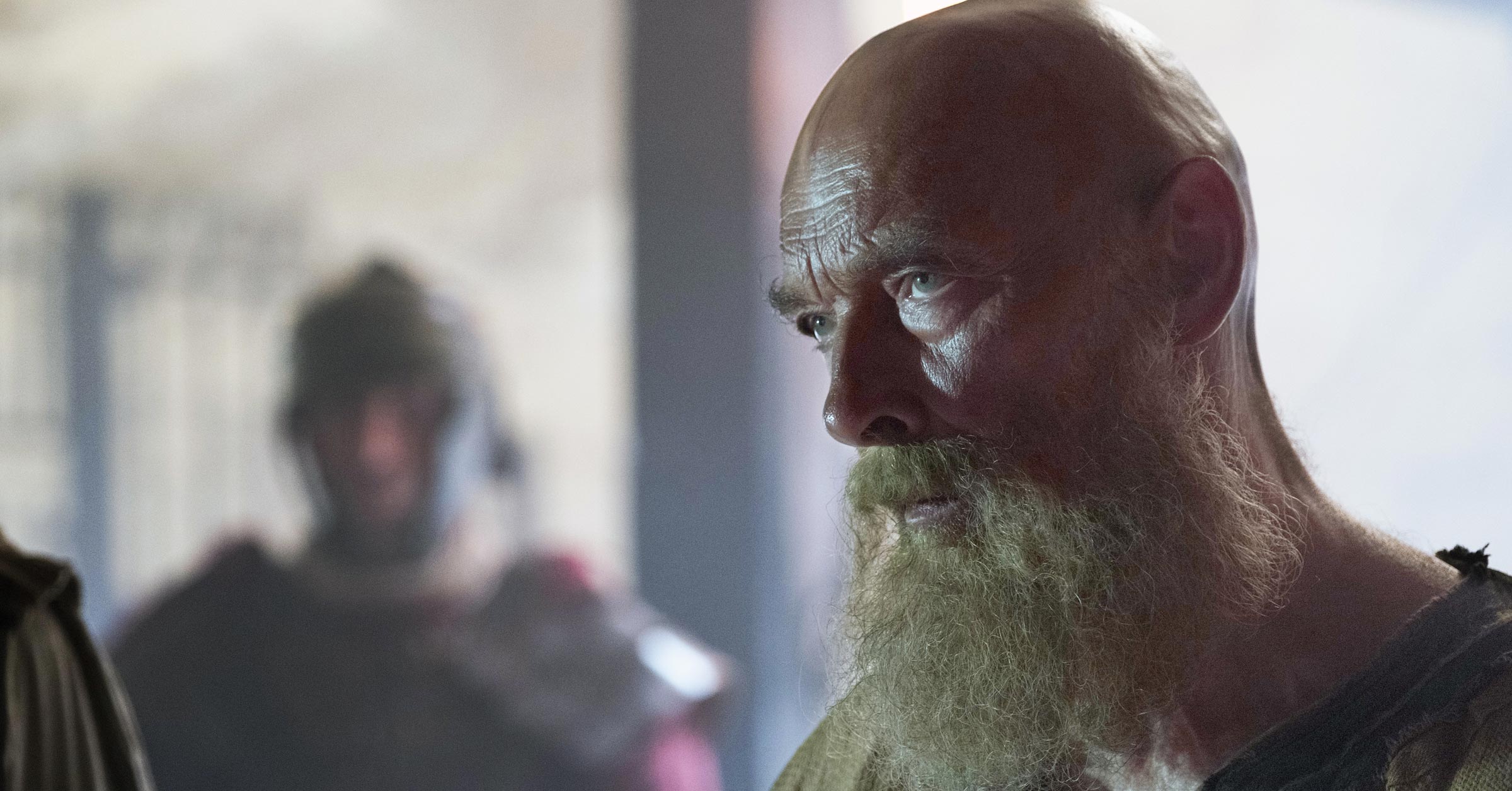

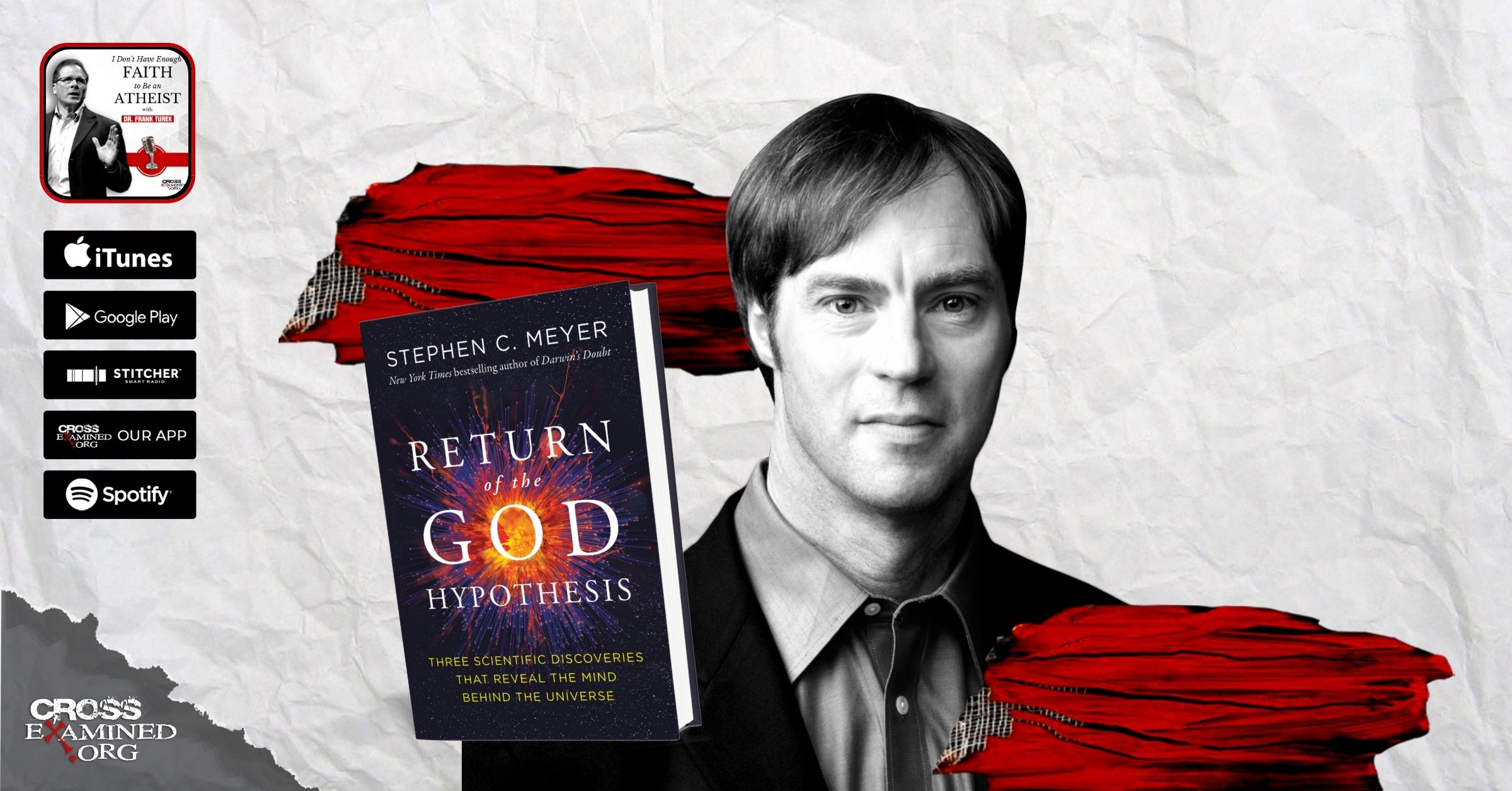


Leave a Reply
Want to join the discussion?Feel free to contribute!